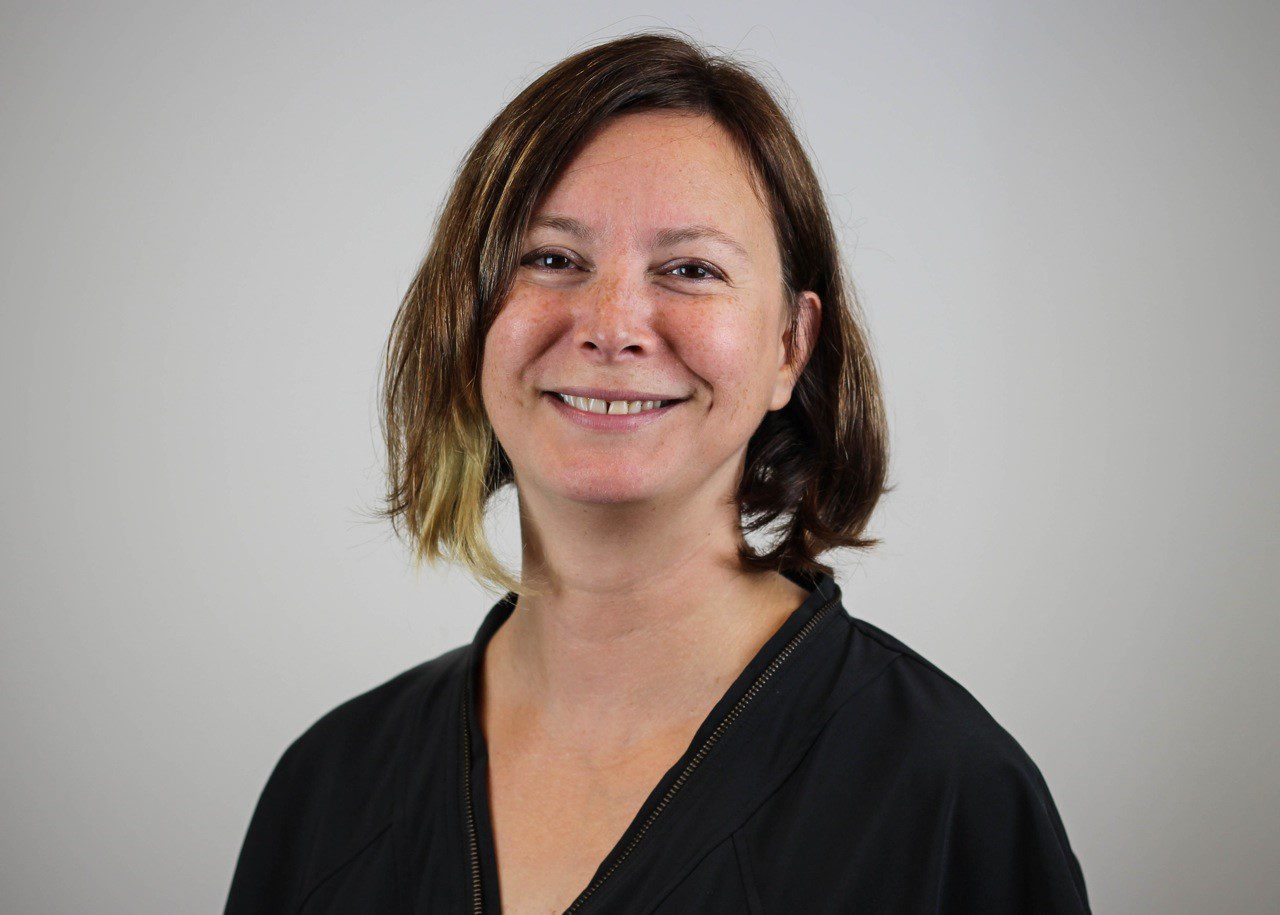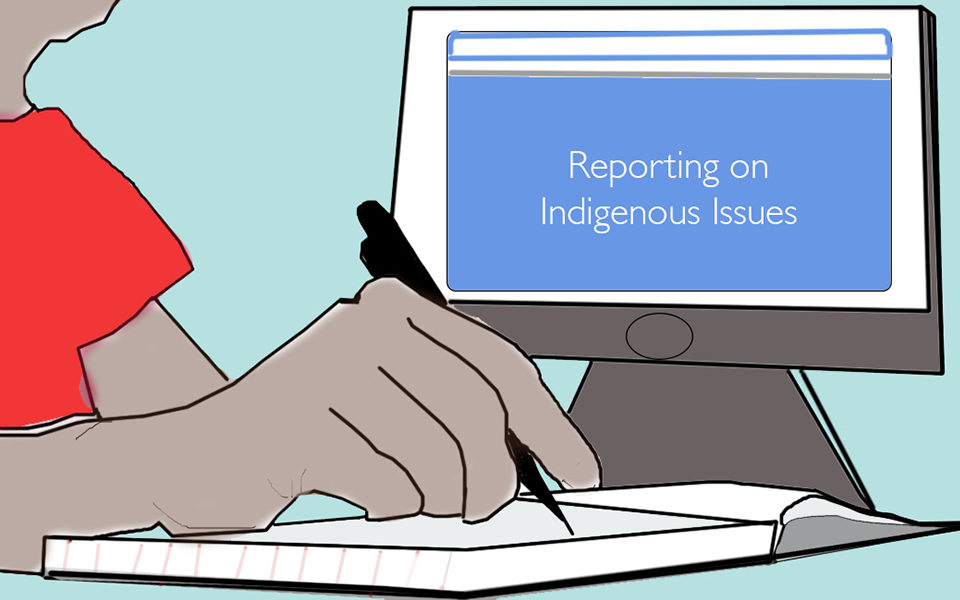Journalism programs across Canada have began introducing Indigenous reporting courses into their curricula in response to the Truth and Reconciliation Commission of Canada’s (TRC) call to teach the new generation of journalists the importance of reporting on Indigenous communities accurately and reversing a history of misrepresentation and offence within the media.
Over two years have passed since the TRC released 94 “calls to action” that, in part, address the importance of Indigenous reporting in Canada. Section 86 calls upon journalism schools to “require education for all students on the history of Aboriginal peoples, including the history and legacy of residential schools, the United Nations Declaration on the Rights of Indigenous Peoples, Treaties and Aboriginal rights, Indigenous law, and Aboriginal– Crown relations.”
Laurier University and Ryerson University have already implemented courses. “We are very narrative people…whether on the individual level or not, stories are important to us…and the stories written about us are not accurate,” says Sarah Dennis, a member of Ryerson University’s Indigenous Students’ Association.
Among the other journalism programs, Carleton University has implemented an Indigenous reporting course, while Thompson Rivers University and University of King’s College are in the midst of developing courses.

For the University of King’s College in Nova Scotia, creating the course poses the challenge of “educating the educators,” according to assistant professor Terra Tailleur.
“I myself am not Indigenous…and many [of the educators] may not be Indigenous or have any experience writing in Indigenous communities. So, if they don’t know, how can they teach it?”
The answer, for most schools, has been to work with different Indigenous organizations and journalists.
As an example, Tailleur mentions Maureen Googoo, a Mi’kmaq reporter and founder of Kukukwes.com — an independent, Indigenous news site. “Working with Googoo and having her as a guest speaker has been helpful because she understands and is so familiar with the culture.”
Tailleur also says that having students speak to and work with Indigenous journalists has been effective.
“I had a student do an internship with Googoo and when she returned she was completely blown away with the amount of information she learned.”
For Ryerson University, this will mark its second year running the “Reporting on Indigenous Issues” online course, developed by assistant professor Joyce Smith and CBC reporter and educator Duncan McCue, who have also had help from Journalists for Human Rights — a charity and non-governmental organization.
The course includes the importance of language and imagery when publishing a story, the history of Indigenous people in Canada and a basic overview of how to report on Indigenous issues and communities effectively.
“I think what these courses will help reporters do is research before approaching someone [Indigenous],” says Dennis.
Smith says that as a non-Indigenous person, she had mixed feelings about teaching the course, when McCue stepped in: “He was really helpful in saying, ‘It’s the story of Canada. It’s everybody’s story. It’s Indigenous and non-Indigenous stories.’”
She adds that in teaching the program, she’s discovered that a growing number of young journalists are becoming “more conscious” of the history of Indigenous people, but still, there remains a group of people who are ignorant about it.
“In many ways,” Smith continues, “I think about it in the same ways as the religion courses I teach, where often people are very interested in religion, but they feel if they are going to report on something like that, they are likely to cause offence or feel like they don’t know enough about it.”
However, according to McCue, even if all journalism outlets in Canada met a representative quota for a certain number of Indigenous reporters, there would still always be a need for Indigenous reporters, or non-Indigenous reporters who have had training to report on these issues.
